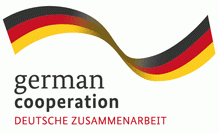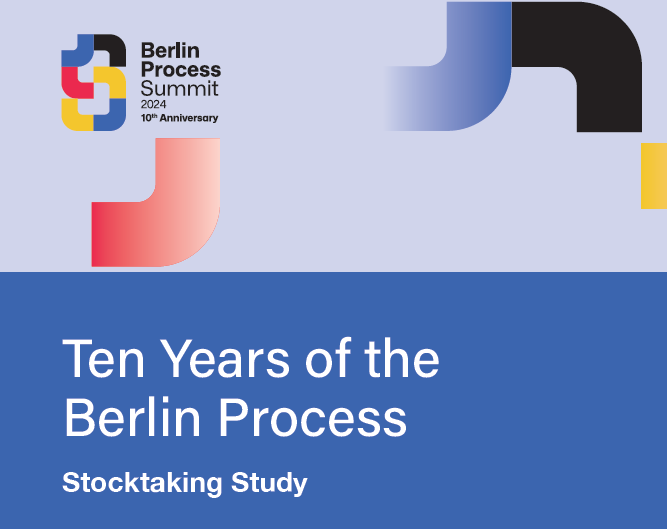A recent study published in October 2024, commissioned by the Southeast Europe Association and Aspen Institute Germany, offers a detailed assessment of the Berlin Process over the past decade. Authored by Dr. Marika Djolai and Dr. Silvana Mojsovska, the study evaluates the progress in key policy areas such as regional economic cooperation, societal cooperation, political and security cooperation, and foreign policy. Conducted under the framework of the Berlin Process, initiated in 2014 to support regional cooperation in the Western Balkans (WB6), the study provides valuable insights into the process's impact and its future directions.
Key Findings:
Regional Economic Cooperation
The Berlin Process has significantly contributed to enhancing economic cooperation across the WB6. Initiatives such as the Common Regional Market (CRM) and the Connectivity Agenda have laid the foundation for economic integration. However, barriers such as slow policy implementation and lack of infrastructure investment have hindered full realization. The study highlights the establishment of the Western Balkans Fund (WBF) and the Regional Youth Cooperation Office (RYCO) as key achievements, providing platforms for youth engagement and cross-border collaboration.
High Carbon Intensity
Energy security and the green transition remain critical areas of concern. The study points out that the WB6 region continues to experience high carbon intensity, emitting significantly more CO2 per unit of GDP compared to the EU. While Albania has made progress in reducing emissions, Bosnia and Herzegovina, and Kosovo remain some of the highest carbon emitters in the region. Further efforts are needed to align with EU climate policies.
Political and Security Cooperation
The Berlin Process has been instrumental in bringing WB6 governments together to address political and security challenges. Key successes include cooperation on border management and regional security, although issues such as unresolved bilateral disputes and limited judicial reforms remain. Continued focus on political cooperation will be vital for sustained stability in the region.
Intra-Regional Trade
Although the EU is the primary trading partner for the WB6, intra-regional trade remains underdeveloped. Obstacles such as non-harmonized standards and customs barriers continue to limit trade within the region. Despite agreements like CEFTA, there is still significant untapped potential for economic growth through improved regional trade.
EU Integration and Foreign Policy
Progress in aligning the WB6 with EU standards has varied across countries. Montenegro has made the most notable strides, particularly in foreign policy and trade facilitation, while North Macedonia continues to face challenges in areas such as state-owned enterprise reforms and digital society policies. Strengthening institutional capacities and aligning with EU integration policies will be critical moving forward.
The study emphasizes the successes of the Berlin Process in fostering cooperation among the Western Balkans but also highlights areas that require further reform, particularly in carbon reduction and intra-regional trade. As the region continues to align with EU standards, the potential for deeper economic integration and political stability grows.
The full study, offering comprehensive data and policy recommendations, is available here.


